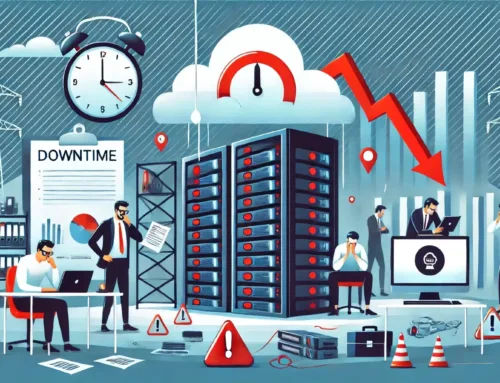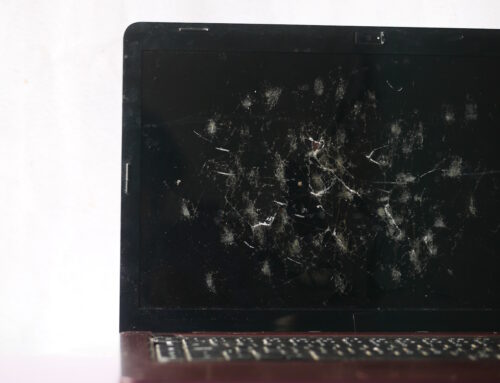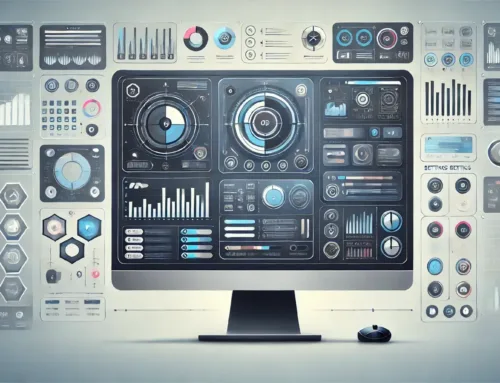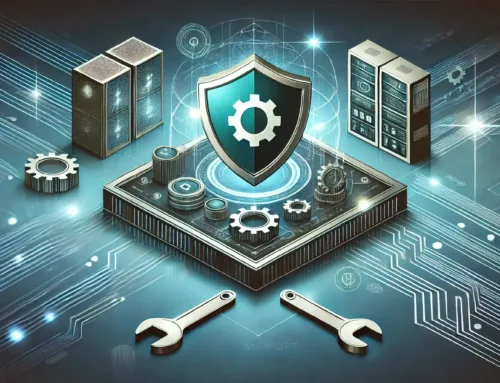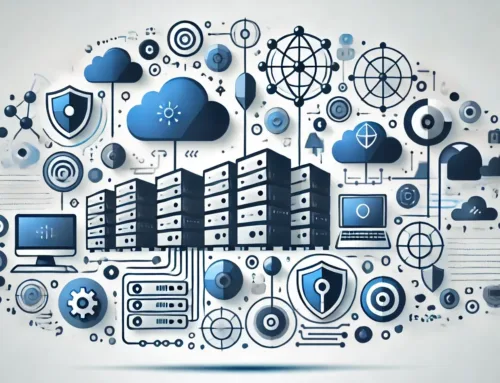What Is the Difference Between a MacBook and a Laptop?
When it comes to portable computing devices, two terms are commonly used: “MacBook” and “laptop.” While many people use these terms interchangeably, there are distinct differences between the two. In this article, we will explore the key disparities and similarities between a MacBook and a laptop, helping you make an informed decision when choosing your next computing device.

Definitions – Before diving into the differences, it’s essential to define the terms
Laptop: A laptop is a portable personal computer designed to be carried and used on the go. It encompasses a wide range of devices, including those running on various operating systems such as Windows, Linux, or macOS.
MacBook: A MacBook is a brand of laptop computers manufactured and sold exclusively by Apple Inc. They run the macOS operating system and are known for their sleek design and high-quality build.
Hardware and Software Integration
One of the most significant differences between MacBooks and laptops in general is the level of hardware and software integration. MacBooks are designed, manufactured, and supported by Apple, which allows for a high degree of synergy between the hardware and macOS. This tight integration often leads to superior performance and compatibility.
In contrast, laptops encompass a broad spectrum of devices from various manufacturers. These laptops can run different operating systems, leading to a more diverse hardware and software landscape. While this offers greater choice, it can also lead to compatibility issues and varied user experiences.
Operating System
The most obvious distinction is the operating system used by MacBooks and laptops. MacBooks run Apple’s macOS, a Unix-based operating system renowned for its user-friendly interface, stability, and security. On the other hand, laptops can run various operating systems, with Microsoft Windows and various Linux distributions being the most common.
Comparison Table: MacBook vs. Laptop
| Feature | MacBook | Laptop |
|---|---|---|
| Operating System | macOS | Varies (Windows, Linux, etc.) |
| Manufacturer | Apple | Various (Dell, HP, Lenovo, etc.) |
| Hardware and Software Integration | High | Variable |
| Build Quality | High-quality aluminium | Varies (plastic, aluminium, etc.) |
| Design | Sleek and minimalist | Diverse designs |
| Performance | Generally high | Varies (from budget to high-end) |
| Price | Premium | Wide range of prices |
| Ecosystem | Apple ecosystem | Wide range of software and hardware options |
| Support and Warranty | AppleCare and Genius Bar | Manufacturer-specific |
| Customisability | Limited | Varies (some models are highly customisable) |
Manufacturer
As mentioned earlier, MacBooks are exclusively manufactured by Apple. This singular source ensures a consistent level of quality and design across all MacBook models. Apple controls both the hardware and software aspects, allowing for a seamless user experience.
Laptops, on the other hand, are produced by a wide range of manufacturers, including Dell, HP, Lenovo, Asus, Acer, and many others. Each manufacturer may have its unique design philosophies, build materials, and quality control standards. This diversity provides users with an array of options to choose from but can also lead to variations in build quality.
Build Quality and Design
MacBooks are renowned for their high-quality build and sleek, minimalist design. They often feature aluminium unibody constructions, high-resolution Retina displays, and precise attention to detail. Apple’s commitment to aesthetics and build quality has set a benchmark for the industry.
Laptops, on the other hand, come in various designs and build qualities. While some laptops are built with premium materials like aluminium, others may utilise plastic or a combination of materials to keep costs down. As a result, there’s a wide range of design aesthetics, and build quality can vary significantly among laptop models.
Performance
MacBooks are generally known for their high performance, thanks to the combination of Apple’s custom-designed hardware and optimised software. They are capable of handling resource-intensive tasks, including graphic design, video editing, and 3D rendering, with ease. Additionally, MacBooks are known for their excellent battery life.
In contrast, laptops offer a broad spectrum of performance levels. You can find laptops ranging from budget-friendly options for basic tasks like web browsing and word processing to high-end gaming laptops and workstations designed for intensive computing tasks. The performance of a laptop largely depends on its specifications, including the CPU, GPU, RAM, and storage.
Price
MacBooks are often considered premium devices, and their price reflects this. While they offer exceptional build quality and performance, they also come with a higher price tag. MacBooks are typically more expensive than many laptops with similar specifications.
Laptops, on the other hand, come in a wide range of price points. You can find budget laptops for a few hundred dollars, mid-range options for everyday use, and high-end laptops for gaming or professional work. This variety makes laptops more accessible to a broader range of consumers.
Ecosystem
MacBooks are part of the Apple ecosystem, which includes a range of software and hardware products designed to work seamlessly together. This ecosystem offers features like Handoff, which allows you to start a task on your MacBook and continue it on your iPhone or iPad. It also includes iCloud for seamless data synchronisation and the App Store for software downloads.
Laptops, being more diverse in their origins and operating systems, do not offer the same level of ecosystem integration. However, they provide access to a broader range of software and hardware options, allowing users to customise their computing experience to a greater extent.
Support and Warranty
Apple offers dedicated support through AppleCare, which covers both hardware and software issues. Mac users can also visit Apple’s Genius Bar for in-person support and troubleshooting. This level of customer support is often seen as a strong point for MacBooks.
Laptops come with manufacturer-specific warranties and support. The quality of support can vary depending on the manufacturer and the specific model of laptop. Some manufacturers offer extensive support and warranty options, while others may provide more limited coverage.
Customisability
MacBooks are known for their limited customisability. Apple typically offers a few standardised configurations for each model, and users have limited options for upgrading components. While this can be limiting for users who want to customise their laptops extensively, it does ensure a level of consistency and reliability in Apple’s products.
Laptops vary widely in terms of customisability. Some laptop models are highly customisable, allowing users to upgrade RAM, storage, and other components. This flexibility is appreciated by users who want to tailor their laptops to specific needs, such as gaming or professional work.
Summary
In summary, the primary difference between a MacBook and a laptop lies in the operating system, hardware and software integration, manufacturer, build quality, and price. MacBooks are Apple’s premium laptops, known for their high-quality build, seamless performance, and exclusive macOS operating system. Laptops, on the other hand, encompass a wide range of devices from various manufacturers, offering diverse design options, performance levels, and price points.
The choice between a MacBook and a laptop ultimately depends on your specific needs, preferences, and budget. While MacBooks offer a unified, premium experience, laptops provide a broader range of options and price points, making them more accessible to a wider audience. Whether you prioritise performance, design, or cost-effectiveness, there’s a portable computing solution to fit your requirements.
Ready to make an informed choice between a MacBook and a laptop? Whether you’re leaning toward the sleek world of MacBooks or the versatility of traditional laptops, we’ve got both. Check out our range our laptops and computers.
